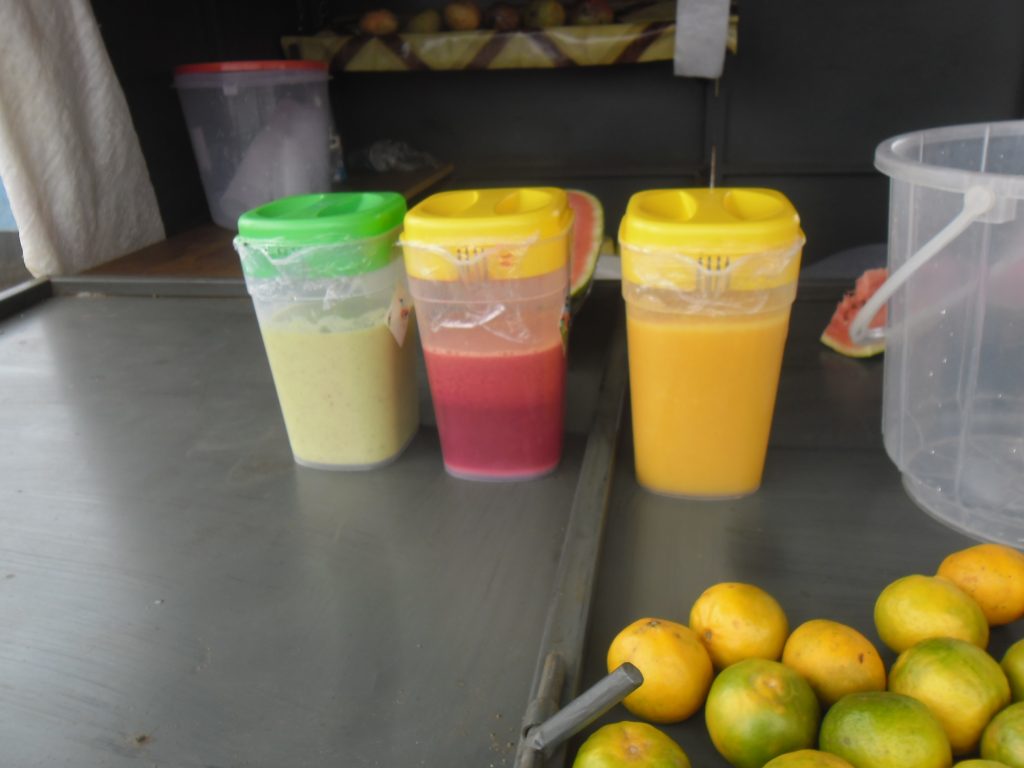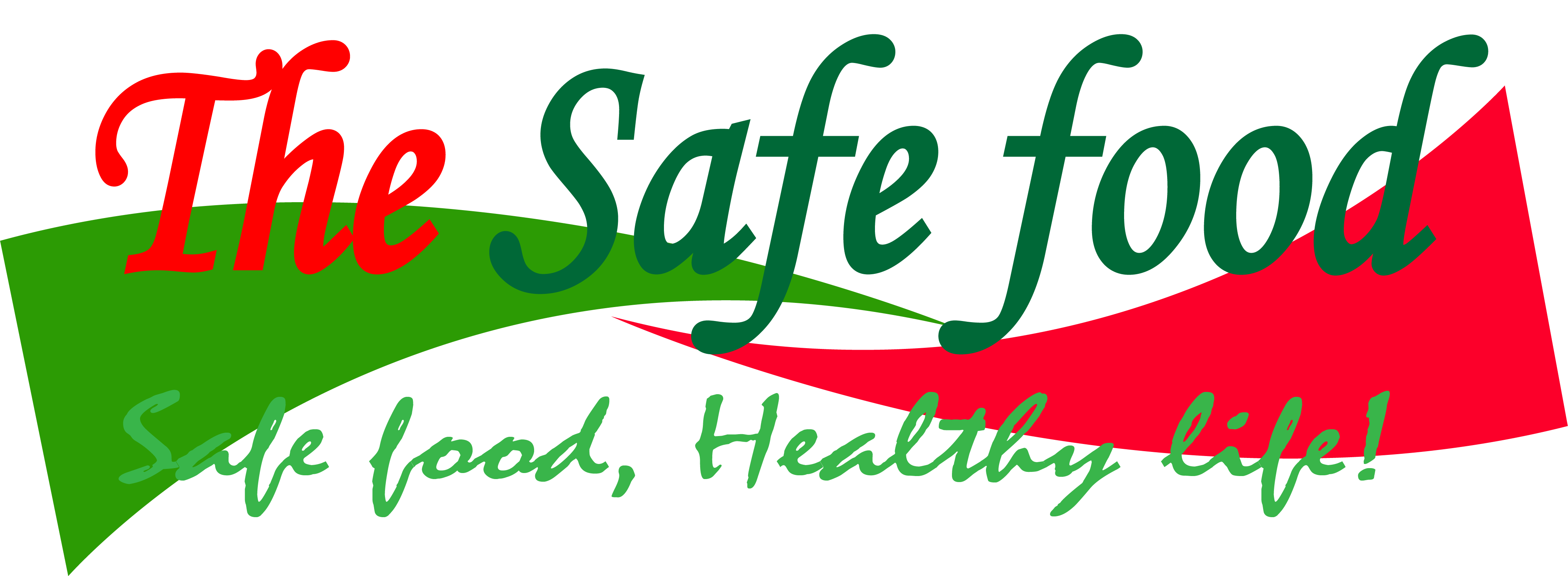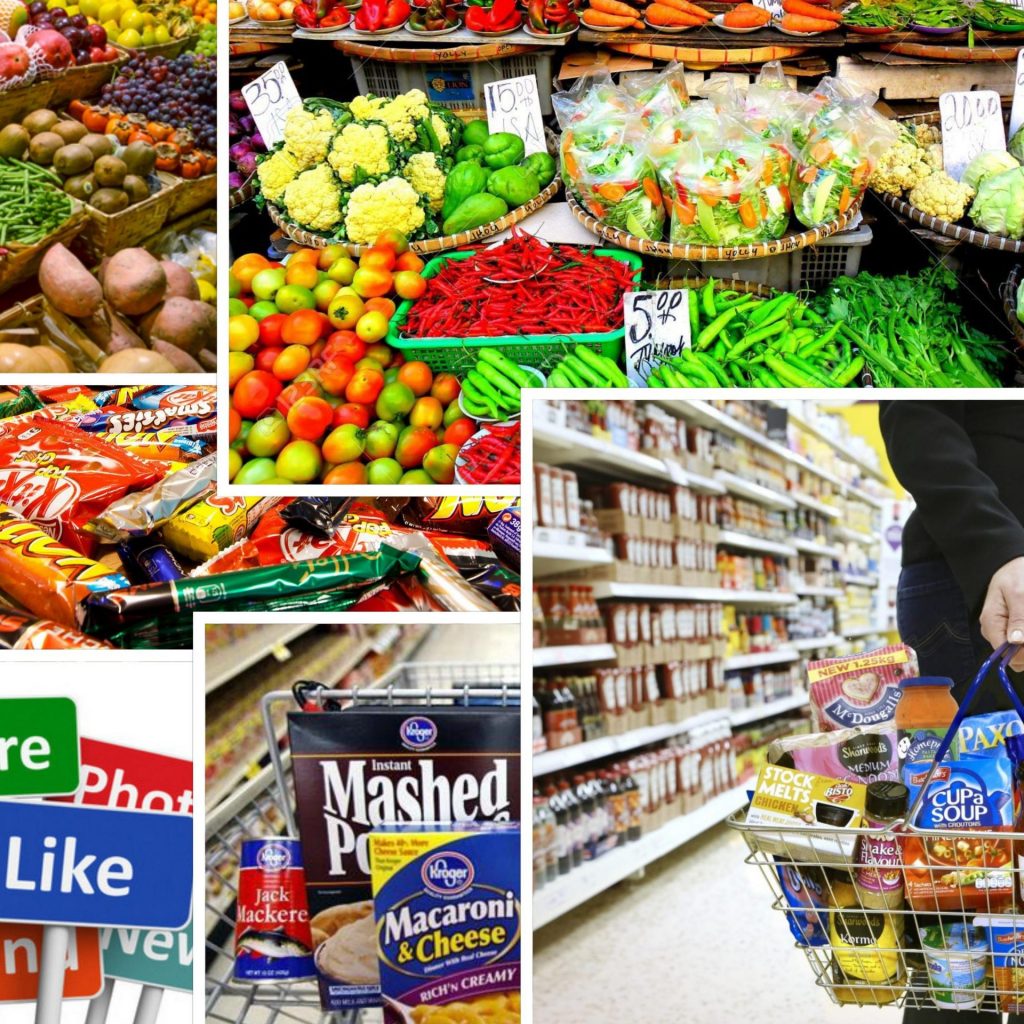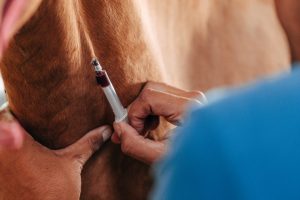At the marketing level, retailers are responsible for the quality and safety of the food. Their premises must adhere to guidelines to ensure that the food sold is suitable. They are held liable if their activities have potential to impair public health.
Marketers, wholesalers and retailers
Retailers can be grouped int two depending on their services: Those who sell processed foods that require further processing or preparation by the consumer prior to consumption and those that prepare the foods such that the consumer can consume the foods without further preparation. In both cases, potential safety issues may arise.

It is the role of marketers, wholesalers and retailers to ensure that food sold is safe. Failure leaves the them culpable. The public health ACT (CAP 242, 2012) stipulates the following:
- “No person shall sell or expose for sale or import or bring into any market or have in his possession without reasonable excuse any food for man in a tainted, adulterated, diseased or unwholesome state, or which is unfit for use, or any food for any animal which is in an unwholesome state or unfit for their use, and any medical officer of health, veterinary officer, sanitary inspector, meat inspector or police officer of or above the rank of Inspector may seize any such food, and any magistrate on the recommendation of the medical officer of health, a sanitary inspector or a veterinary officer may order it to be destroyed, or to be so disposed of as to prevent it from being used as food for man or animal as the case may be.”
- “No person shall collect, prepare, manufacture, keep, transmit or expose for sale any foodstuffs without taking adequate measures to guard against or prevent any infection or contamination thereof.”
The ACT among others also stipulates other guidelines for operating other business such as the manner in which storage systems for dairy and meat should be constructed and so on. So clearly, the burden at this point rests upon the marketer, wholesaler or retailer to ensure that the food that eventually gets on the consumers table is safe. Specific temperature-controlled storage is required for dairy products, juices, fresh and processed meats, cheeses a swell as fruits and vegetables. Although fairly stable, items such as bread as well as cereals should be sold on a “first-in / first-out” basis to avoid spoilage with potential for food safety issues. This also applies in storage of products [8]. Products that went in first must be first out
Ways of ensuring food is safe
Therefore, it is upon the marketer, wholesaler or retailer to ensure that the food is safe:
- Proper storage practices: Having frozen and refrigeration systems for products that require the cold chain
- Selling pasteurized milk instead of raw milk that may have Mycobacterium tuberculosis
- Having clean storage areas for food
- Clean food preparation and service areas
- Following manufacturers’ instructions regarding storage and preparation of food etc
Profitability should not come before food safety
Manufacturer’s success is determined in terms of profitability depending solely on customer satisfaction. Their continued purchasing of the same items is a result of customer satisfaction. Hence, food producers and marketers have a huge stake in their product identities which they naturally would want to protect. Therefore, it is in their interest to develop and oversee control measures that ensure that their products are safe not only at the production level but beyond distribution and marketing. Marketing may therefore be under manufacturer’s guidance to satisfy consumer safety and quality expectations so as to protect product image [9].




